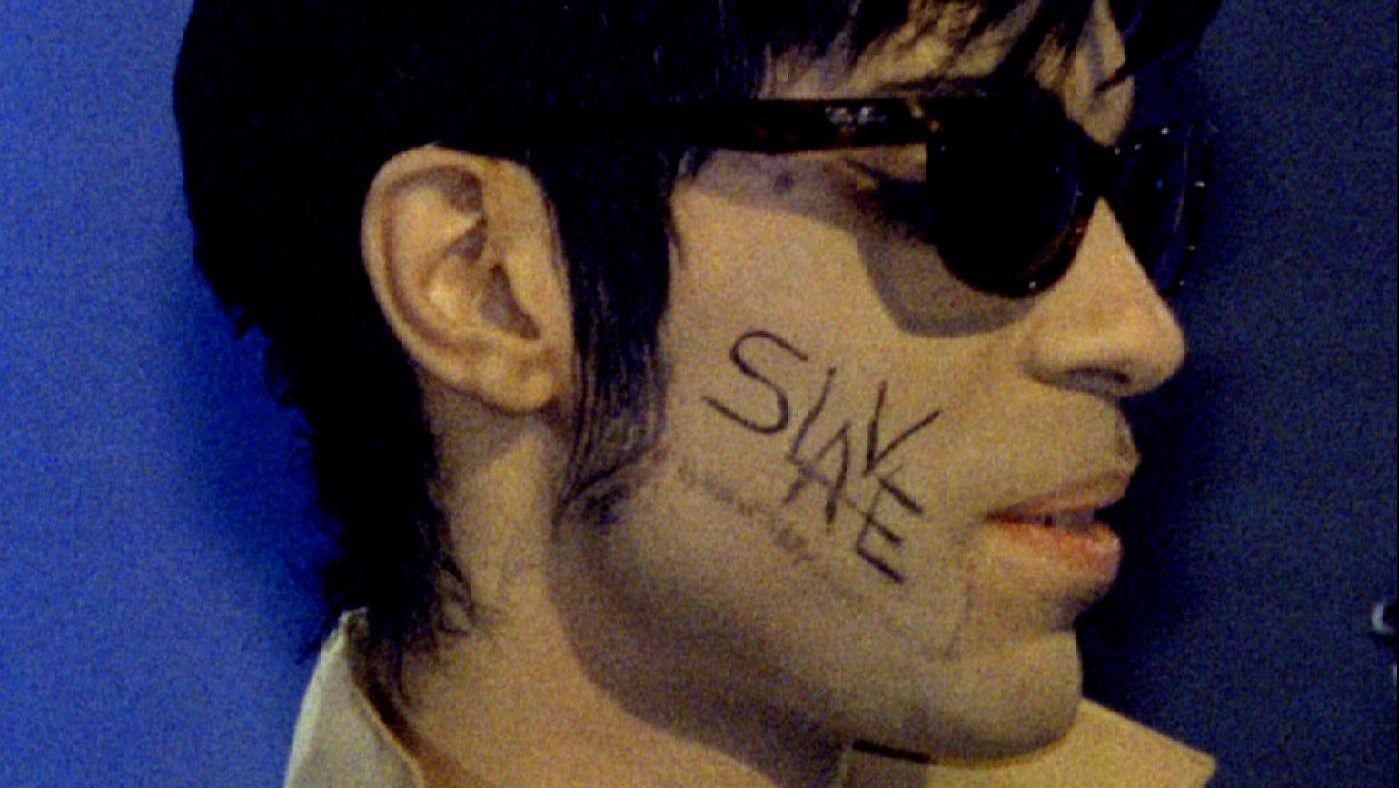An archive news clip from 1970 shows Prince, at age 11, supporting fair wages
“I think they should get some more money cause they work…They be working extra hours for us.”


“I think they should get some more money cause they work…They be working extra hours for us.”
In a 1970 TV news report about a teachers’ strike in Minneapolis, a schoolboy explains whose side he’s on. It’s a standard vox pop and a cute soundbite from more than 50 years ago, but the child’s values never changed. As an adult, Prince put his career on the line for the principle of getting paid fairly for hard work and talent.
In the clip, discovered recently by archivists at WCCO, the local CBS affiliate in Minneapolis, the familiar smirk and shyness both are there, along with the resolve to say what needs to be said.
Prince’s ability to play multiple instruments was widely noted, but the source of his genius may be less well known. Alongside a musician father and natural talent, Prince also had access, at the time, to an unusually advanced music curriculum in his hometown of Minneapolis. Talented, low-income students like Prince needed good teachers, then and now.
The activist Prince
After signing a huge record deal with Warner Bros in the early 1990s, a subsequent row over ownership of master tapes became a bigger battle against the way the music industry was changing—and the diminishing position, as Prince saw it, of the person doing the most work: the artist. The current pushback by some musicians against Spotify’s business model, for example, arguably has its roots in Prince’s activism.
Prince eventually secured his tapes a few years before he died in 2016. By then, he was campaigning against music streaming platforms. “The internet’s completely over,” he said in 2010. “I don’t see why I should give my new music to iTunes or anyone else.”
For Prince, the internet and digital technology weren’t the problem. He had, after all, won a Webby lifetime achievement award in 2006 for having “forever altered the landscape of online musical distribution” with the NPG Music Club, an early platform where he sold his own records as MP3 downloads, in an attempt to bypass the established labels. The issue, instead, was with those making the business decisions, whether it was Steve Jobs, or the local school district four decades earlier.